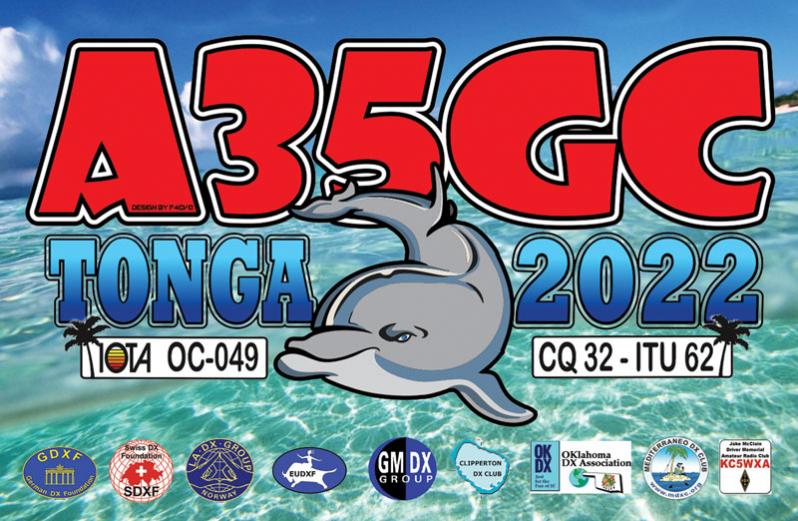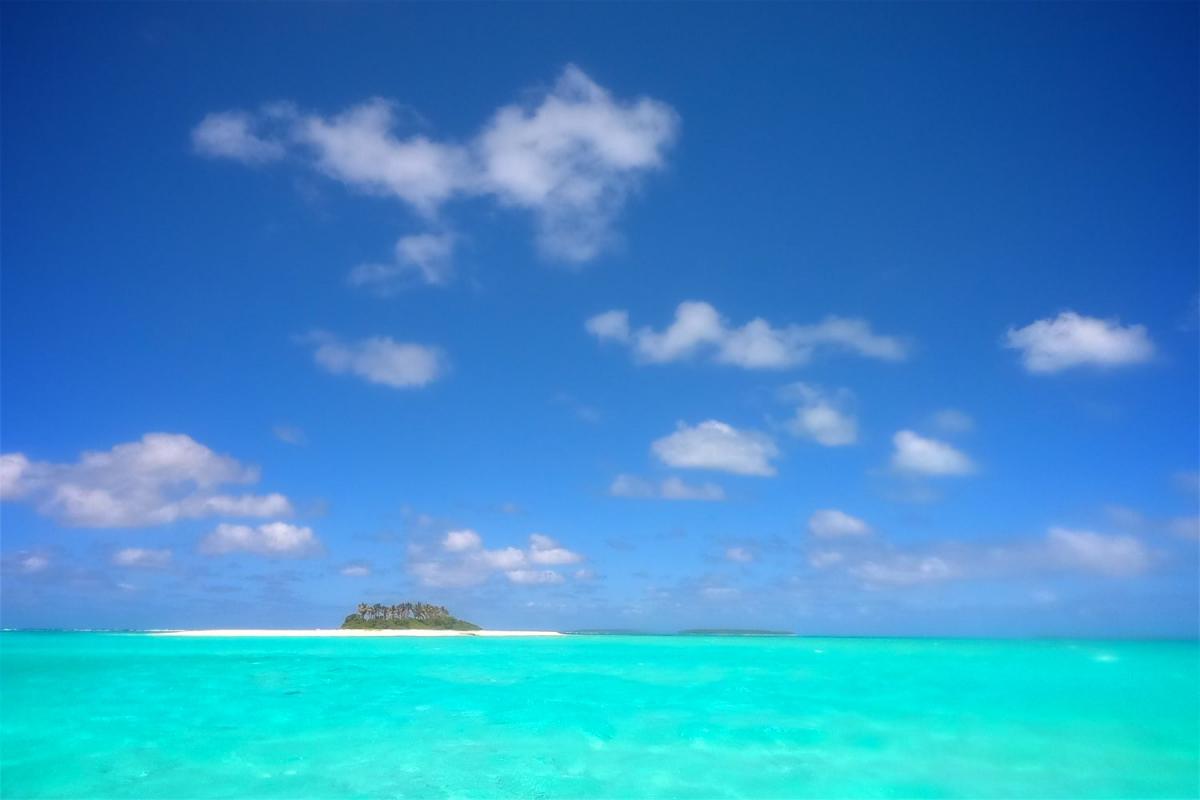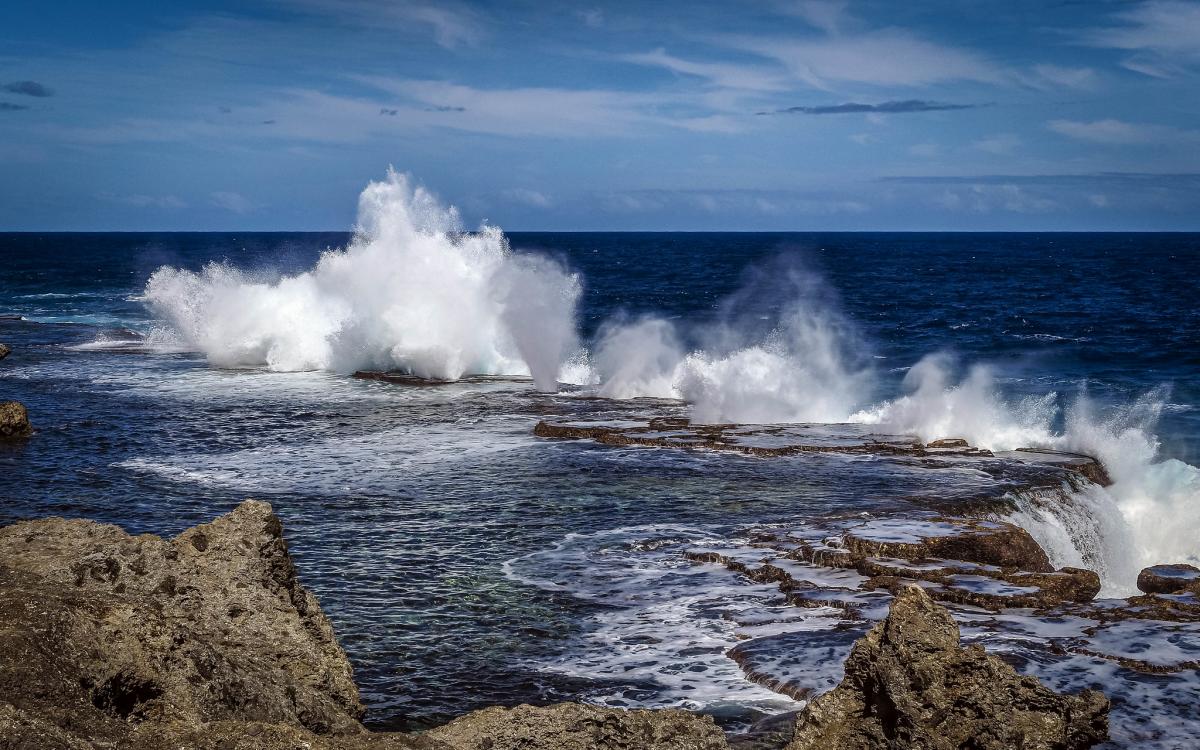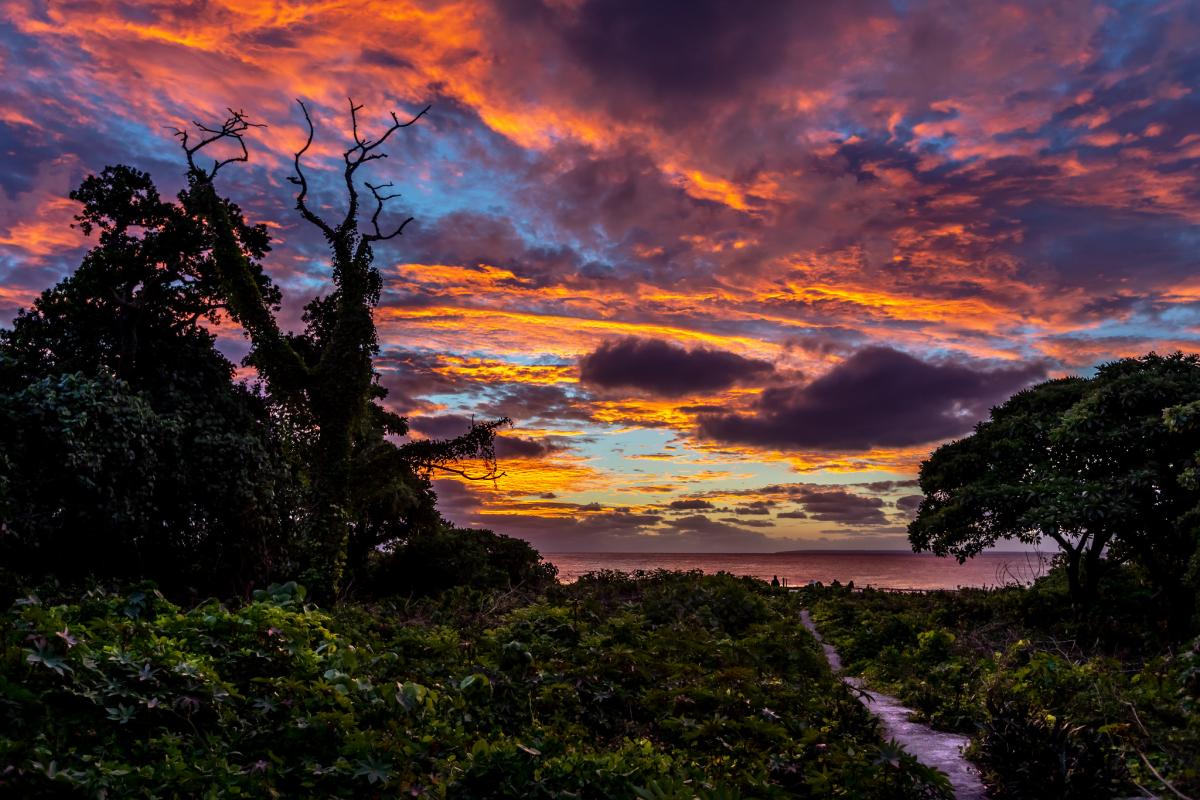A35GC Team will be active from Tonga, 25 November - 6 December 2024.
Team - LZ1GC, LZ5QZ.
Recent DX Spots A35GC
A35GC Log search They will operate on 160 - 6m, CW, SSB, FT4, FT8, RTTY.
QSL via LZ1GC, LOTW, ClubLog OQRS.
QTH - Nuku'alofa, Tongatapu Islands, IOTA OC-049.
The Kingdom of Tonga - secrets of an island monarchy
The Kingdom of Tonga is a distinctive monarchy located in an inaccessible place for tourists: south of the island of Samoa in Polynesia. The name itself hints at the geographical location of the state, because ‘Tonga’ means ‘southern’ in the local language. This is how the region was christened by its discoverers, Willem Schouten and Jacob Lemaire. In turn, the legendary James Cook, who first visited the archipelago in 1773, called it ‘Friendship Islands’.

The Kingdom of a Hundred Islands
The small island nation, whose territory is comparable to half of St. Petersburg, is located on 177 islands. However, most of them are deserted but picturesque pieces of land: flat plateaus or beaches drowning in tropical greenery. Most of the country owes its origin to volcanic activity. The movement of tectonic plates helped to bring to the surface of some areas of land on which vegetation and fauna took root over time. By the way, not so long ago (2015) after an underwater eruption, another island was added to the archipelago, which is located 45 kilometres from the capital. The last surface volcanic activity was observed in the middle of the last century.
The population of the state is just over 100 thousand people. At that, 60 per cent of them live on the main island - Tongatapu. Moreover, it is also home to the capital of the Kingdom: Nuku'alofa, which is home to 40 per cent of the total population. Among all the diversity, only 36 of the 177 islands in the state are inhabited. You can imagine the unimaginable choice of deserted atolls and tectonic ledges available for exploration by tourists who dare to reach the ship.
 Tonga. Author - Seti Afoa.
Tonga. Author - Seti Afoa.
How do you live in the Friendship Islands?
The Kingdom of Tonga has a strong connection to its rich cultural heritage. At the same time, the local population is open to fashion and modern progress. In particular, it has one of the highest literacy rates in the world: 98.9 per cent. The local dialect in common use is the Tongan language. The second official language is English. It is compulsorily taught to the young population. In turn, middle-aged people and, even more so, elderly people are very unlikely to be able to explain anything to guests in English.
A huge imprint on the level of social and economic development is the geographical remoteness of the archipelago from the world centres of civilisation, as well as the scarcity of deposits. Commodities, materials and petroleum products familiar to most people have to be imported from China, Fiji, Samoa and Australia. Consequently, difficult delivery inevitably leads to higher costs of such things. This is why 99.99 per cent of buildings on the islands are made of wood - there is simply no stone suitable for construction. The most popular mode of transport is the bicycle, again because of the economy of resources.
But the Tongans have a unique outlook and a great respect for long-standing traditions.
Developing under the protectorate of Great Britain, the Kingdom has never been an active participant in confrontations and military conflicts, except for a short-term participation of a Tonga detachment in the First World War. Independence came to the Tongans in 1970, who nevertheless did not think of overthrowing the monarch. The personality of the ruler is considered sacred here, even though the king's residence is the only one in the world made entirely of wood. They rule here, as monarchs should - for life. The name of the odious Fatafehi Paulaha, who ruled the islands from 1770 to 1784, is associated with the piquant right of the monarch to be the first to deprive his countrywomen of their innocence. In total, the caring king helped more than 37,000 subjects to become women. By the way, James Cook presented him with a turtle, which lived in the royal garden for almost 200 years.
 Blowholes, Tonga. Author - Keith O'Brien.
Blowholes, Tonga. Author - Keith O'Brien.
Tonga's original beauty standards
Today, the island is still home to many traditions that date back to ancient times. For example, those taking part in His Majesty's funeral ceremonies are housed in special houses for 100 days and must not touch anything. It is believed that the honour of burying a king is sacred, and nothing can defile the palms of the hands of those who saw the monarch off on his last journey. By the way, in the past, the hands of the attendants were simply chopped off. During 40 days of the year there are folk celebrations and national holidays. But weekly the whole population of the Kingdom does not work on Sundays. Decidedly everything is closed, because this custom is enshrined in the Royal Law. In general, a good tone here is not to hurry anywhere!
It is interesting to know that the girls here are quite obese - fullness is considered a sign of beauty and health. Ethnically, the population is 96% local. However, the little developed business here is owned by natives of China. Therefore, the Chinese are not liked and jeered at here, just like in the case of Jews in Slavic countries. There is practically no crime on the island state. But the main problem of the country is the population's access to fresh water. Even rainwater is used for storage and purification! The main danger for a careless citizen is a ripe coconut falling on his head. They ripen all year round and grow everywhere!
 Sunset, Eua Island, Tonga. Author - Russell Charters.
Sunset, Eua Island, Tonga. Author - Russell Charters.
Tonga's changeable weather
The tropical typhoons that periodically hit the archipelago interrupt the population's routine life. The best time to visit Tonga is during the dry season, from May to October. Most national holidays and festivals fall on this period. You should remember about the uneven climate, which will be more variable and colder the further you plan to be from the equator. The average temperature here is 26.6˚.
The brightly coloured kingdom will give a holiday to everyone!
What makes this island country attractive for tourists? It is quite difficult and expensive to get here: by air from Fiji, New Zealand and Australia. However, the efforts spent will pay off with a lot of bright impressions! In addition to the rich cultural heritage and friendly environment, Tonga is sure to have some incredibly beautiful beaches with almost complete absence of people. Snorkelling (snorkelling) and diving are also popular. Naturalists come here to observe the noble whale population first-hand. By hiring a boat, you can enjoy exploring the mysteries of the picturesque uninhabited islands on your own, one of which offers complete seclusion. The island of Haapai is known in narrow circles. This atoll will please with a white soft beach, landscapes of amazing beauty and serene tranquility of the coastal waves.
One of the brightest secrets of the archipelago is the Tonga Trough: the deepest place in the Southern Hemisphere of the planet (10.8 thousand metres). Only a short stay on the surface of such an abyss excites the imagination. Another mystery of the islands is Haamonga-a-Maui (Tonga Gate). The origins of the megalithic structure are given a divine meaning. Surfing, kayaking, diving and passive holidays without the pressure of dating... Everyone will find something different in the Kingdom of Tonga! It's a fascinating country where time seems to be frozen at the crossroads of civilisations and the development of eras!

